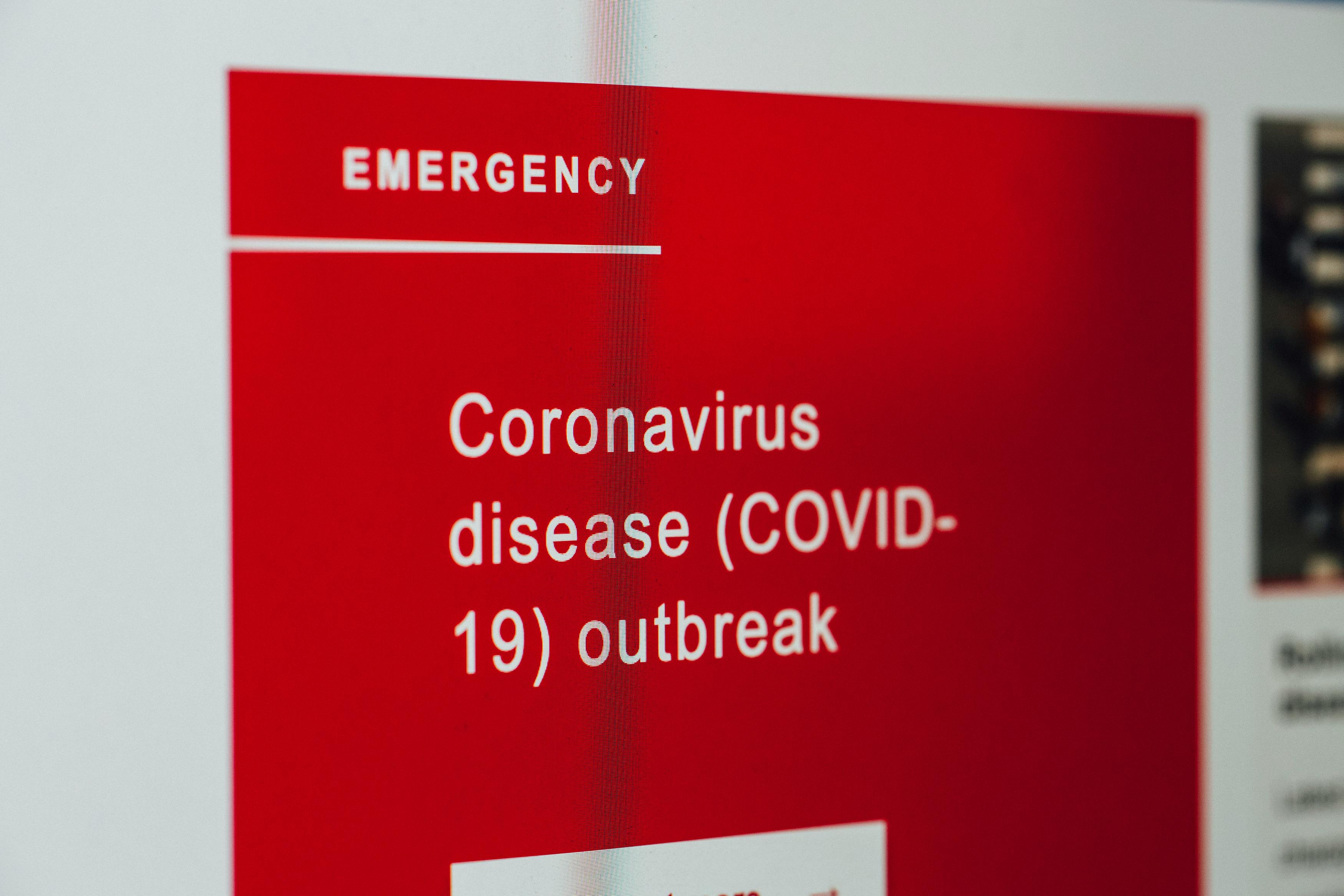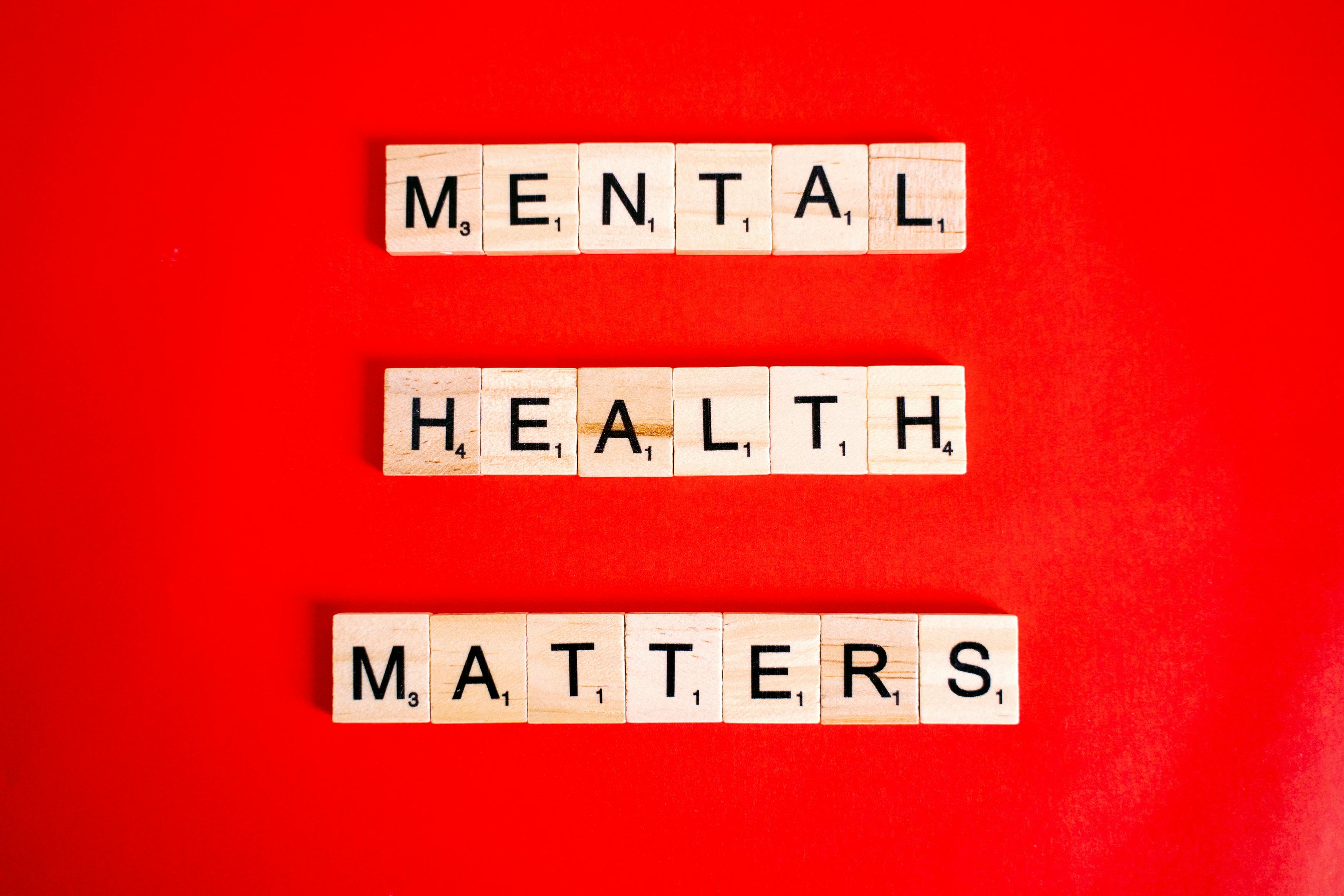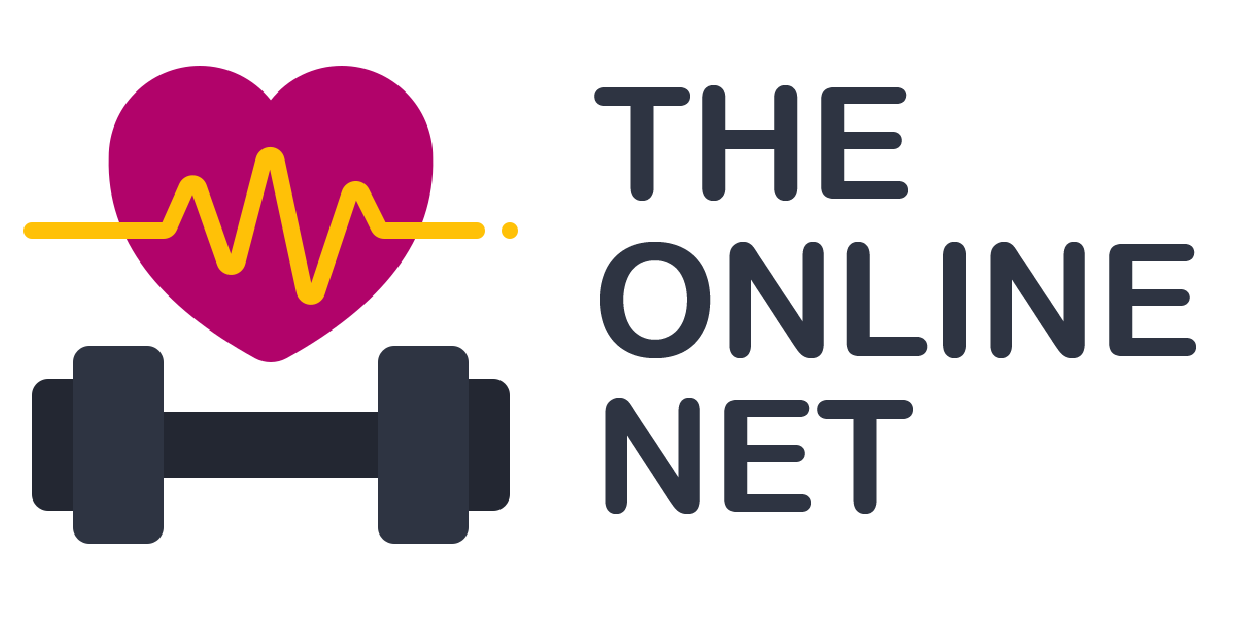Recognize symptoms of illness: What are the signs to note?
Early Warning Signs of Illness:
- Persistent cough, body aches, and headaches suggest worsening illness.
- Immediate medical attention is needed for trouble breathing, high fever, and chest pain.
Mental Illness Symptoms:
- Bipolar disorder presents mood swings lasting days/weeks.
- Schizophrenia may show confusion, trouble focusing, and hallucinations.
- Anxiety and depression exhibit nervousness, extended sadness, and changes in sleep/eating habits.
Physical Illness Symptoms:
- Flu: High fever, muscle aches, fatigue.
- Heat stroke: Confusion and dry skin are serious signs; urgent help needed.
- Digestive issues: Persistent bloating and heartburn require medical consultation.
Health Management Tools:
- Symptom trackers document changes, supporting doctor consultations.
- Trackers do not replace medical diagnosis but highlight symptom patterns.
Medical Advice for Symptoms:
- Severe pain, breathing trouble, and chest pain need immediate medical evaluation.
- Persistent symptoms over two weeks warrant a doctor's visit.
Recognizing the early signs of illness is vital to maintaining your health. Many common health issues announce themselves with subtle symptoms you might overlook. That's why it's important to understand these warning signs and know when to seek medical help. In this post, you'll explore the symptoms to watch for and how understanding them can improve your health outcomes. Let's empower you with knowledge to stay ahead of illness.
What Are the Early Warning Signs of Illness?

How do early warning signs manifest in common illnesses? Often, changes in how you feel or act may signal something is wrong. A cough might seem simple, but if it doesn't go away, it could be the flu. Body aches and headaches could mean you're getting sick. Pay attention to persistent symptoms that worsen over time.
What symptoms should prompt immediate medical attention? If you have trouble breathing, high fever, or chest pain, seek help fast. Don't ignore severe headaches, vision changes, or extreme weakness. These can signal a serious issue needing quick treatment.
How can understanding warning signs improve health outcomes? Knowing signs helps catch illness early, leading to better care. For example, catching a cold early can prevent worsening. Recognizing early signs of diabetes like extreme thirst can help manage it swiftly. This information can guide better health decisions.
How Can You Recognize Mental Illness Symptoms?

Recognizing mental illness signs is vital. Let's start with bipolar disorder. The typical signs include mood changes. You might feel very happy one moment, then very sad the next. This shift can last for days or weeks.
Schizophrenia signs can appear early. You might notice confusion or thinking differently. There could be trouble focusing. Hallucinations or seeing things that aren't there is another sign too.
Anxiety and depression show different signs. You might feel nervously all the time. Depression may make you feel sad for long periods. There can be a loss of interest in things you once enjoyed. Physical signs appear too, like changes in sleeping or eating habits.
These changes can seem small at first. But if they continue, they can affect your life in big ways. It's important to talk to someone if you notice these symptoms. Recognizing these signs early can help in getting support when needed.
What Are Common Symptoms of Physical Illness?

Physical illnesses often show clear signs. You might see symptoms like fever, fatigue, and sore throat. These can tell you if an illness is starting. But what do these signals mean?
Flu or Cold: You might wonder, "Is it flu or just a cold?" Cold symptoms like a runny nose and sneezing are mild. The flu, though, hits harder. High fever, muscle aches, and fatigue are signs of the flu. If you have flu signs, rest helps. The flu sneaks up fast, unlike a cold that slowly arrives.
Heat Exhaustion vs. Heat Stroke: Recognizing heat exhaustion and heat stroke can be tricky. What do they share? Both can make you very tired and dizzy. But heat strokes have severe signs. They include confusion and dry skin. These are dangerous and need quick help. Heat exhaustion may cause heavy sweating and a weak pulse. Staying cool and drinking water can help here.
Digestive Illness Signs: Digestive issues often hide. You're busy and may miss them. Symptoms like bloating and heartburn are easy to ignore. But, they might be signals of upset stomachs or worse. If digestive trouble sticks around, talk to a doctor. Noticing these signs helps keep bigger problems away.
The more you know these symptoms, the better equipped you are. They guide you to respond quickly to keep you and others healthy.
How Can Symptom Trackers Aid in Health Management?

Symptom trackers help us manage health changes by offering useful tools. These tools can alert us to changes in our body and help us report these to doctors. With a good health symptoms checklist, one can keep track of symptoms over time. This information can be shared with doctors to help them make better decisions.
Online health symptom checkers are handy but should be used with care. You should not rely on them for a diagnosis. Instead, use them to gather information before talking to a doctor. Trackers help gather data, but they do not replace professional medical advice.
In chronic illness management, symptom trackers play a big role. They help identify patterns in symptoms, showing how the illness affects you over time. This data allows doctors to adjust treatments to fit your needs better. Trackers also remind you to monitor your health routinely. This can lead to catching issues early and reducing complications.
When Should You Seek Medical Advice for Symptoms?

It can be tricky to know when symptoms require a doctor's visit. Red flags for a serious illness include chest pain, difficulty breathing, and sudden or severe pain. These can signal conditions that need immediate medical treatment to prevent complications.
You might wonder how to tell if stress causes your symptoms or if they're a sign of a real health issue. Stress can mimic many health symptoms, including headaches, stomach problems, and fatigue. To distinguish, track how often symptoms occur and changes in intensity. If they persist beyond stress periods or worsen, consult a doctor.
Sometimes it's tricky to decide when to seek professional help. Generally, you should see a healthcare expert if symptoms persist for more than two weeks. For instance, fever, unexplained weight loss, or changes in bowel habits could indicate underlying health issues needing attention.
Recognizing these signs early can keep minor problems from becoming major health crises. Check reliable health symptom websites like Mayo Clinic's symptom checker for help understanding your symptoms. But remember, an online search can't replace a doctor's advice. Regular check-ups and consulting a professional when in doubt are crucial for maintaining good health.
Conclusion
Understanding early warning signs of illness is key to health management. From noticing mood shifts to using health trackers, staying informed helps you catch problems early. Remember, physical and mental symptoms carry critical clues. Learn the difference between stress and serious issues. Use symptom checkers wisely, and don't delay medical help if needed. Prioritize your health by recognizing signs and taking action promptly. Stay proactive in listening to your body, ensuring a healthier tomorrow.







